17 People Revealed What Became the Last Straw in Their Relationship

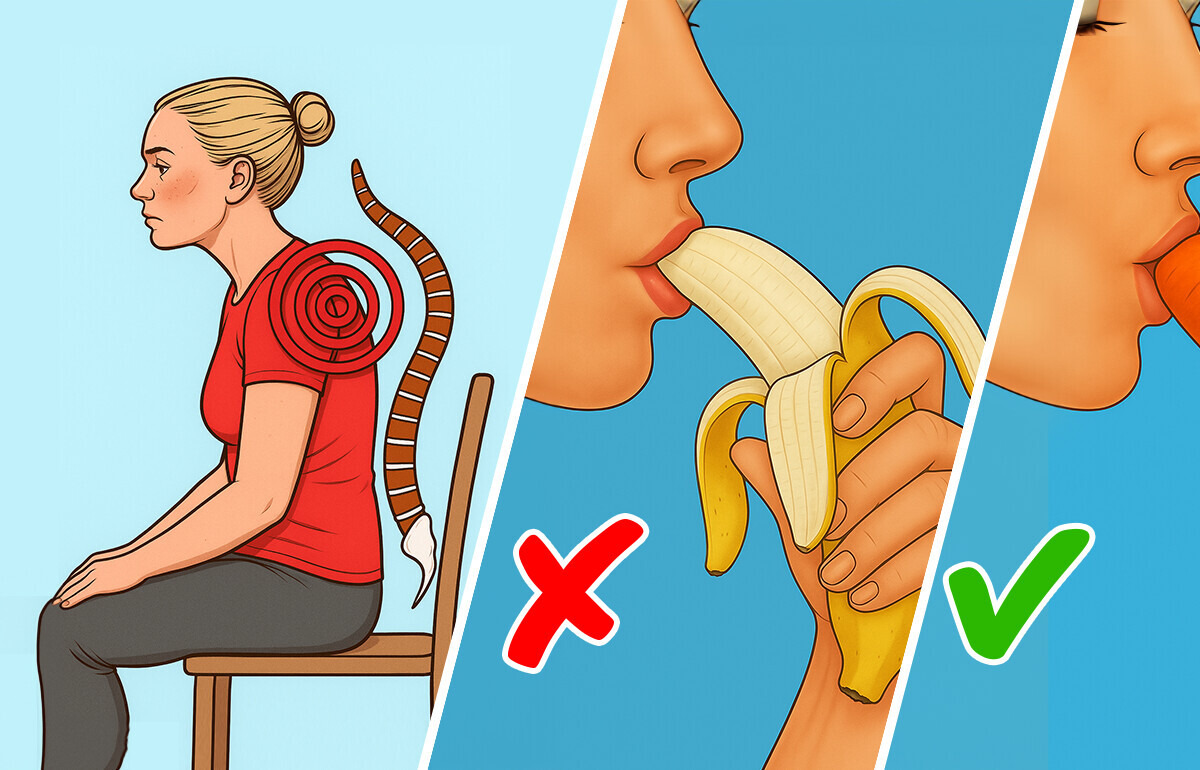
Bloating, cramps, and discomfort can sneak up when you least expect them—and sometimes, the cause isn’t as obvious as you’d think. While diet and stress get most of the blame, there are a few hidden triggers that could be quietly fueling bowel inflammation. Let’s uncover 9 often-overlooked triggers your gut might be acting up.
CONTENT IS PROVIDED FOR INFORMATIONAL PURPOSES ONLY AND IS NOT INTENDED AS A SUBSTITUTE OF MEDICAL ADVICE.
SEEK GUIDANCE OF YOUR DOCTOR REGARDING YOUR HEALTH AND MEDICAL CONDITIONS.

What it is:
Inulin is a type of fiber found in foods like garlic, leeks, bananas. It’s usually promoted as a healthy prebiotic that feeds your good gut bacteria.
But here’s the surprise:
While inulin is great for some people, it can actually trigger inflammation in those with sensitive guts—like people with IBD (Inflammatory Bowel Disease). A study by Weill Cornell Medicine showed that inulin made gut inflammation worse in mice designed to model IBD conditions.

What it is:
Histamine is a natural chemical your body makes during allergic reactions—but it’s also found in aged or fermented foods.
Why it matters:
Eating lots of histamine-rich foods can irritate your gut lining and make IBD symptoms worse, especially if your body isn’t great at breaking histamine down.

What it is:
You’ve probably heard of gluten—but there’s another protein in wheat called ATI (Amylase-Trypsin Inhibitor).
Why it’s sneaky:
Even if you’re not gluten-sensitive, ATIs can activate your immune system in a way that causes inflammation in the gut—especially in people who already have IBD or a sensitive digestive system.
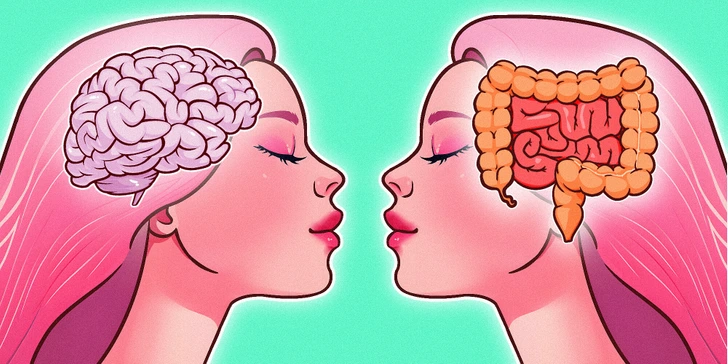
What it is:
Your gut is directly connected to your brain through something called the gut-brain axis. This means how you feel mentally can literally affect your digestion.
Why it matters:
Chronic stress, anxiety, or emotional burnout can throw your gut off balance—slowing digestion, increasing sensitivity, and even making your intestines more leaky, which can trigger inflammation.
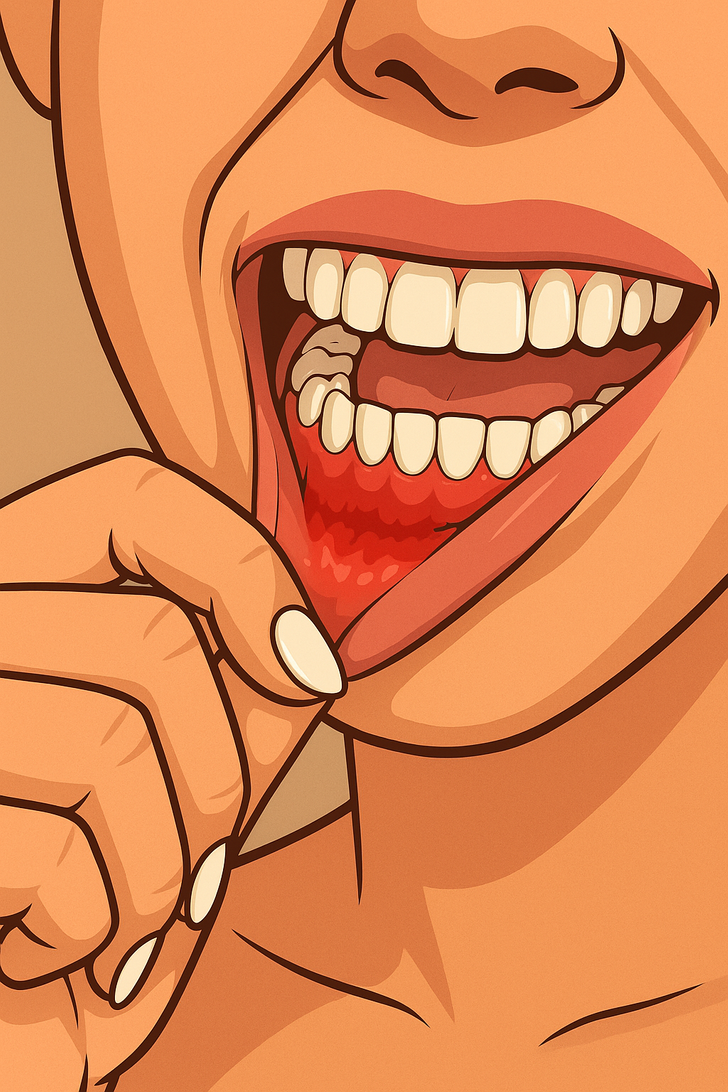
What it is:
Gum disease, or periodontitis, is a chronic infection of the gums.
Why it matters:
Bacteria from the mouth can travel to the gut, disrupting its balance and potentially leading to inflammation characteristic of IBD.

What it is:
Frequent consumption of sugary drinks and sweets.
Why it matters:
Too much sugar may feed harmful gut bacteria, promoting inflammation in people vulnerable to IBD.

What it is:
Birth control pills used by many women.
Why it matters:
Some research suggests they may slightly increase the risk of IBD, likely by altering gut bacteria or immune responses.
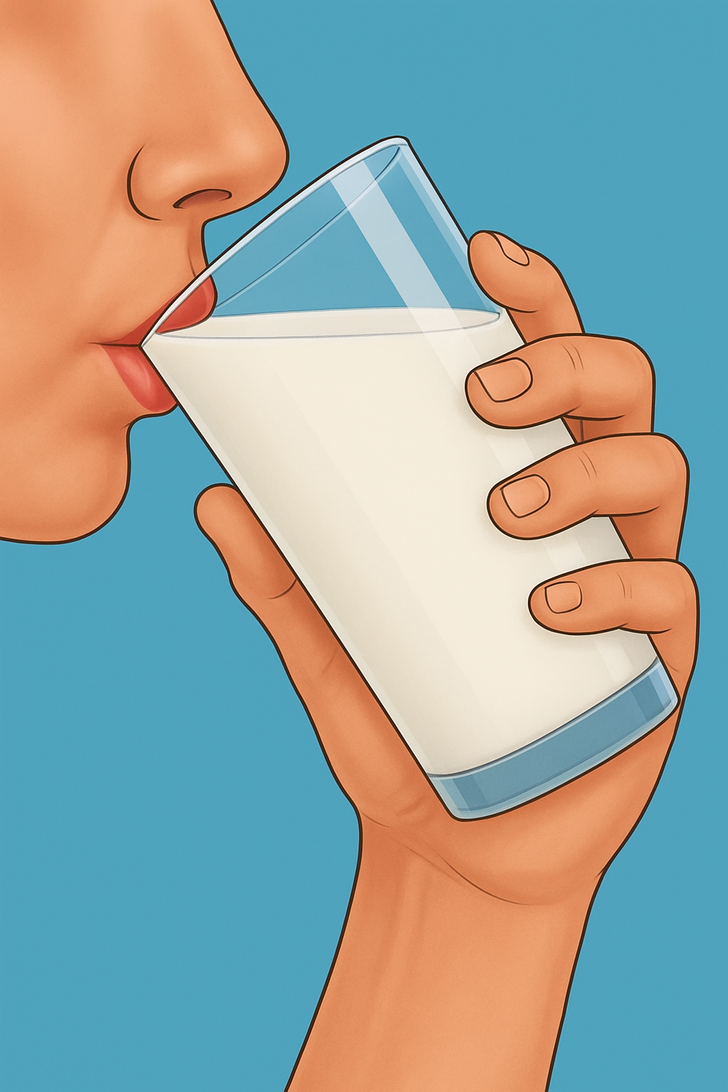
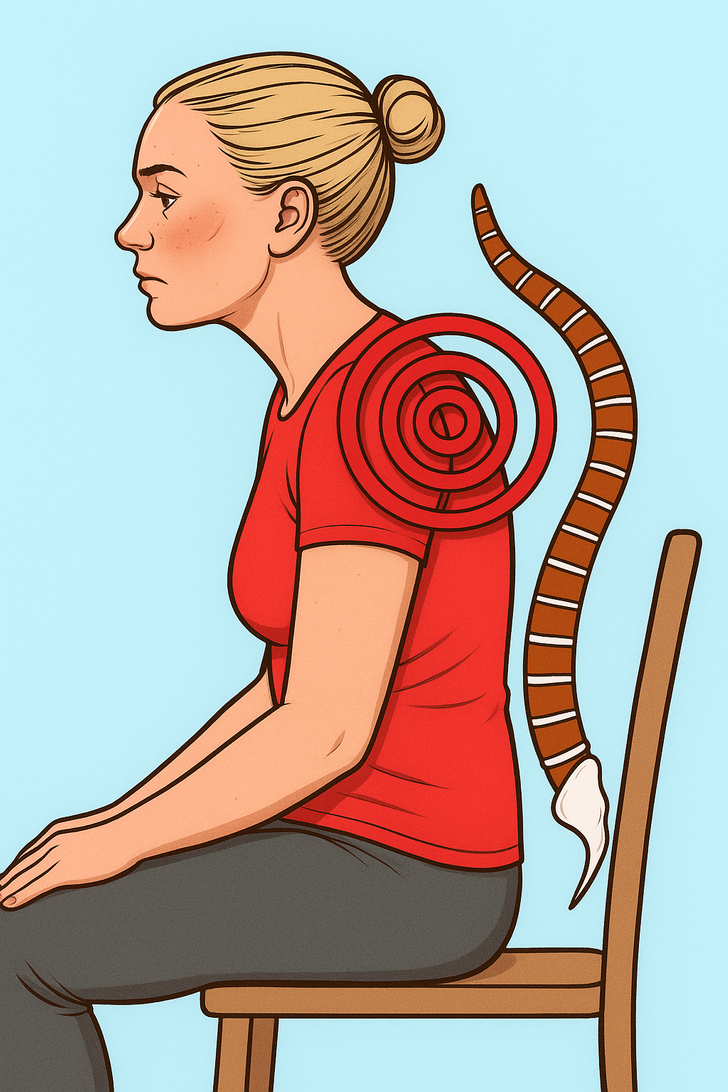
What it is:
Slouching or hunching over while sitting misaligns the spine and places additional pressure on the abdomen.
Why it matters:
This posture can impede the normal movement of the diaphragm and intestines, disrupting the digestive process and potentially leading to inflammation.
Taking care of your gut starts with understanding what’s really going on—because once you spot the hidden culprits, you’re one step closer to feeling your best every day.
5 Ways Your Body Might Be Telling You That You Have Colon Cancer











